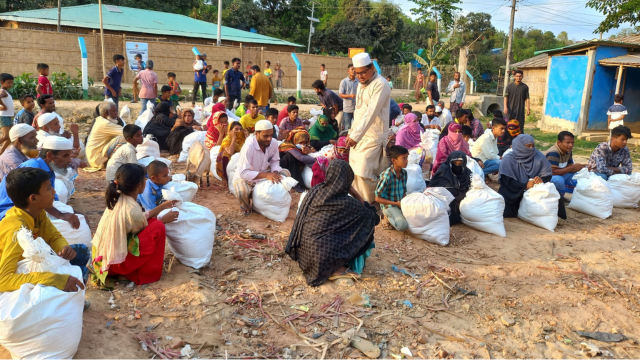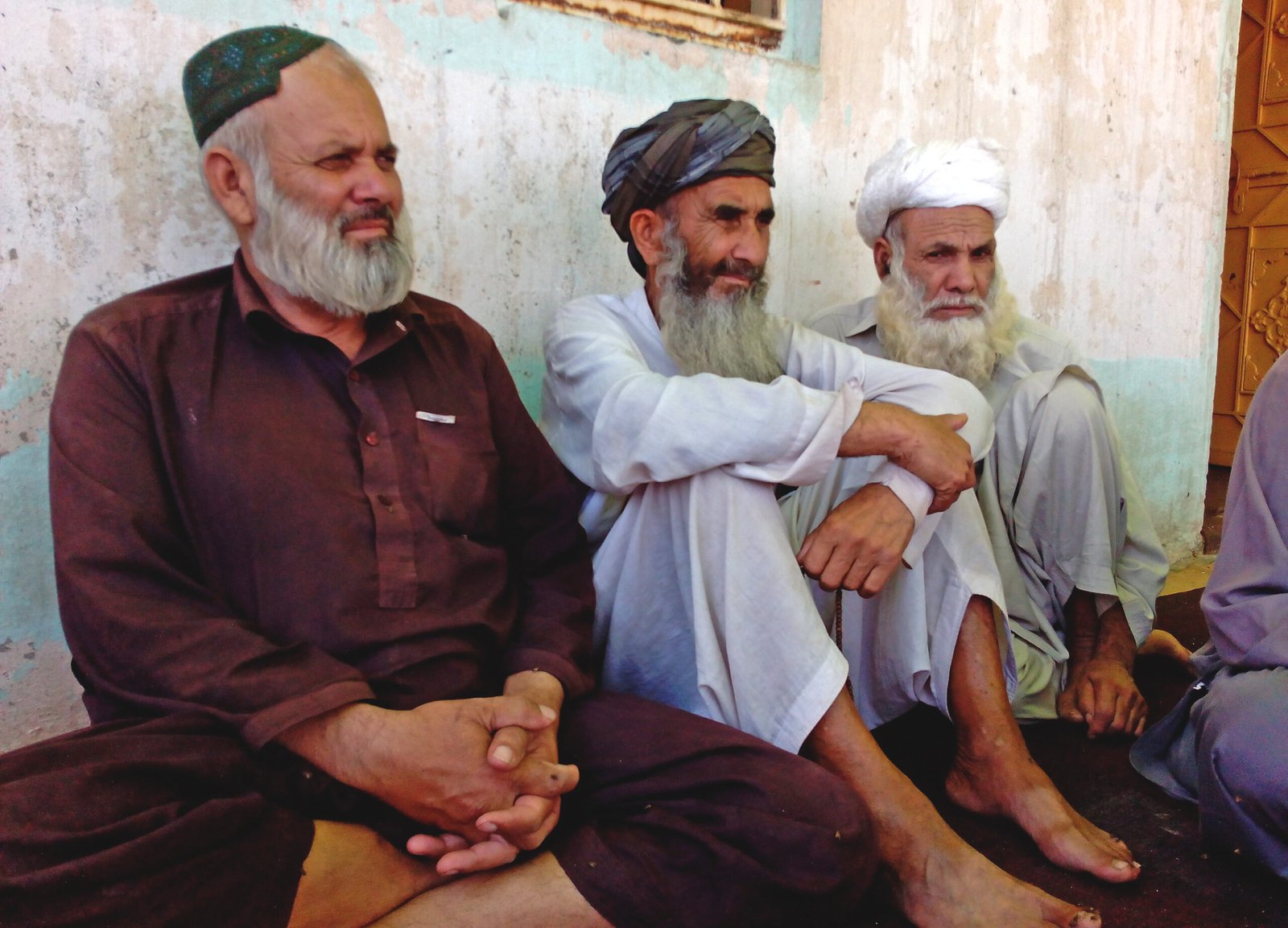They fled persecution only to be criminalized. A report exposes the legal void and moral vacuum in South and Southeast Asia’s refugee policies.
by Massimo Introvigne

The latest report from the United States Commission on International Religious Freedom (USCIRF), titled “The Responsibility of Host Countries to Protect Refugees Fleeing Religious Persecution—Examples from South and Southeast Asia” is a policy memo and a moral reckoning. Focused on South and Southeast Asia, the document exposes the gaping chasm between international obligations and on-the-ground realities for religious refugees. It is a sobering read, and for those of us who have met these refugees face-to-face, it is painfully accurate.
The USCIRF is an independent, bipartisan U.S. federal government commission created by the 1998 International Religious Freedom Act (IRFA). The President and congressional leaders of both political parties appoint the Commissioners.
I was recently in Thailand, where I spoke with Chinese asylum seekers who fled brutal repression only to find themselves trapped in a new kind of limbo. Acquiring legal status is difficult for refugees, and their problems remain largely invisible to their host society. The USCIRF echoes these testimonies with chilling precision.
Thailand hosts thousands of asylum seekers, many of whom are members of religious minorities from China, Pakistan, and Vietnam. Yet, as the report notes, Thailand often treats asylum seekers as illegal immigrants. This means they may be subject to arrest, detention, and deportation at any moment. The Immigration Detention Centers are described as overcrowded and unsanitary.
USCIRF highlights the case of Uyghur refugees who were detained, some of them for more than ten years, and then deported back to China in 2015 and again in 2025. Ahmadis who escaped to Thailand from Pakistan now live in similar fear, the report notes.
Malaysia fares no better. It has not ratified the 1951 Refugee Convention and its 1967 Protocol. Refugees, mostly Muslim Rohingya and Christian Chin from Myanmar, are treated as undocumented migrants, which means they are vulnerable to arrest, detention, and deportation. The report notes that refugees in Malaysia are denied access to formal education, legal employment, and public healthcare.
Rohingya refugees are not welcomed in Indonesia either, which also has not ratified the Convention and the Protocol. “Local authorities reportedly attempted to physically push some of their boats back to sea and then only allowed refugees to disembark after negotiations with humanitarian aid groups. These refugees have also reportedly faced a coordinated online campaign of misinformation and disinformation that has put their safety at risk.”
Although not mentioned in the reports, I have interviewed refugees from the heavily persecuted in China Church of Almighty God who have experienced serious problems in Malaysia and Indonesia.
Pakistan, the report says, continues to blatantly violate international law by deporting Afghans refugees back to their country, where they face discrimination, arrest, and torture, often for religious reasons. “From September 2023 to January 2024, previous waves of deportations forced over 800,000 Afghans back to Afghanistan—reportedly including Afghans holding UNHCR-issued documents.” Another 300,000 Afghan refugees have been deported in 2025.

India’s refugee policy is described as needing improvements too. India has not signed the 1951 Refugee Convention and does not have a comprehensive national refugee law. Muslims and Christians escaping Myanmar and those fleeing the Taliban regime in Afghanistan report various problems.
Bangladesh hosts the largest refugee camp in the world, Cox’s Bazar, where nearly one million Rohingya refugees from Myanmar live in challenging conditions. An USCIRF delegation visited Cox’s Bazar and found “serious shortcomings in support from the Bangladeshi government and society toward the refugees facing severe hardships in finding livelihood, education, security, and social cohesion amid the desperation of the camps. While the majority of these refugees are Muslim, small numbers of Christians and Hindus also live in these sprawling communities.”
The report mentions China’s long arm of repression, which extends beyond its borders. The Chinese government continues to harass, surveil, and intimidate religious minorities even after they flee abroad. This includes pressuring host countries to deport asylum seekers, as it happened with the Uyghurs in Thailand.
USCIRF’s report expresses what I would call restrained outrage. It documents more than it screams. And yet, its message is unmistakable: host countries are failing the very people they claim to protect. The international community must hold host countries accountable for their treatment of refugees and ensure that those fleeing religious persecution are protected and supported.
For those of us who have met these refugees, this is a personal reminder that these women and men deserves more than invisibility. They deserve protection, dignity, and the right to live without fear.

Massimo Introvigne (born June 14, 1955 in Rome) is an Italian sociologist of religions. He is the founder and managing director of the Center for Studies on New Religions (CESNUR), an international network of scholars who study new religious movements. Introvigne is the author of some 70 books and more than 100 articles in the field of sociology of religion. He was the main author of the Enciclopedia delle religioni in Italia (Encyclopedia of Religions in Italy). He is a member of the editorial board for the Interdisciplinary Journal of Research on Religion and of the executive board of University of California Press’ Nova Religio. From January 5 to December 31, 2011, he has served as the “Representative on combating racism, xenophobia and discrimination, with a special focus on discrimination against Christians and members of other religions” of the Organization for Security and Co-operation in Europe (OSCE). From 2012 to 2015 he served as chairperson of the Observatory of Religious Liberty, instituted by the Italian Ministry of Foreign Affairs in order to monitor problems of religious liberty on a worldwide scale.



